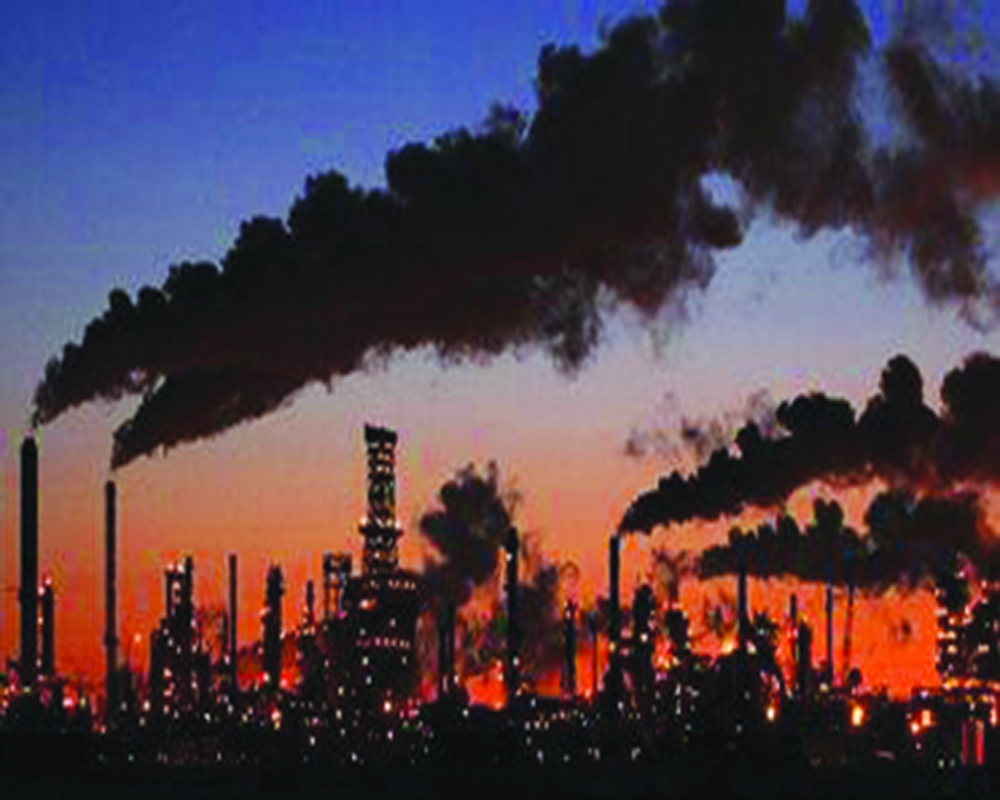Unless coal and fossil fuels are phased out, climate change will destroy human life
Climate change is a global phenomenon but the challenges are local. India has its task cut out to reduce greenhouse gas emissions after the latest climate change report by the United Nations Intergovernmental Panel on Climate Change (IPCC) has lamented the failure to keep global warming under 1.5 degrees Celsius over pre-industrial levels. The harsh fact is that carbon dioxide is and will be the chief cause of global warming. The United Nations secretary-general has said the report “must sound a death knell for coal and fossil fuels before they destroy our planetâ€. India’s Environment Minister has asked the developed countries to decarbonise their economies at once. The report paints an inhuman picture of what the environment is going to be if the countries refuse to reduce their greenhouse gas emissions. In India, the issue of climate change is a case of contradictions. On the one hand, the greenhouse gas emissions by India are the third largest in the world after China and the United States. The main source of this pollution is coal. India emits roughly three gigatonne of these gases every year. That amounts to 2.5 tonne per person. The country’s emissions are seven per cent of the global total. The emissions came down during the pandemic lockdown in 2020 as industrial production halted or drastically slowed down. The economic recovery this year is expected to push emissions 1.4 per cent above the 2019 levels or nearly 200 metric tonne higher than in 2020.
The expected rise in coal-fired electricity generation in 2021 could be thrice the generation through renewables. On the other hand, India is on track to meet its target of producing 40 per cent of its power from renewable energy sources. It is also in a position to reduce by one-third, carbon emitted per unit of output by 2030. The Environment Ministry says that if the renewable capacity under construction is taken into account, the share of renewable capacity in the installed capacity comes close to 50 per cent. That is much more than the commitment made under the Paris Agreement. What India declines to do is achieve net-zero emissions. India, instead, asks the developed world to reduce their emissions to vacate carbon space and support the aspirations of developing nations. For most Indians, faster progress on climate means forgoing material fruits of economic progress. The logic also says the developed nations are more responsible for the historical emissions. The worry is that if India continues on its current path, its emissions may double in the next two decades. It is already quite vulnerable to climate change and is experiencing cyclones, erratic rains, rising temperatures and heavy pollution. India will have to transit from fossil fuels to renewables and the earlier it is, the less painful it will be. It will mean using solar or wind power for every activity, embracing hydrogen technology for heavy industries and a massive reforestation drive to build carbon sinks.


























